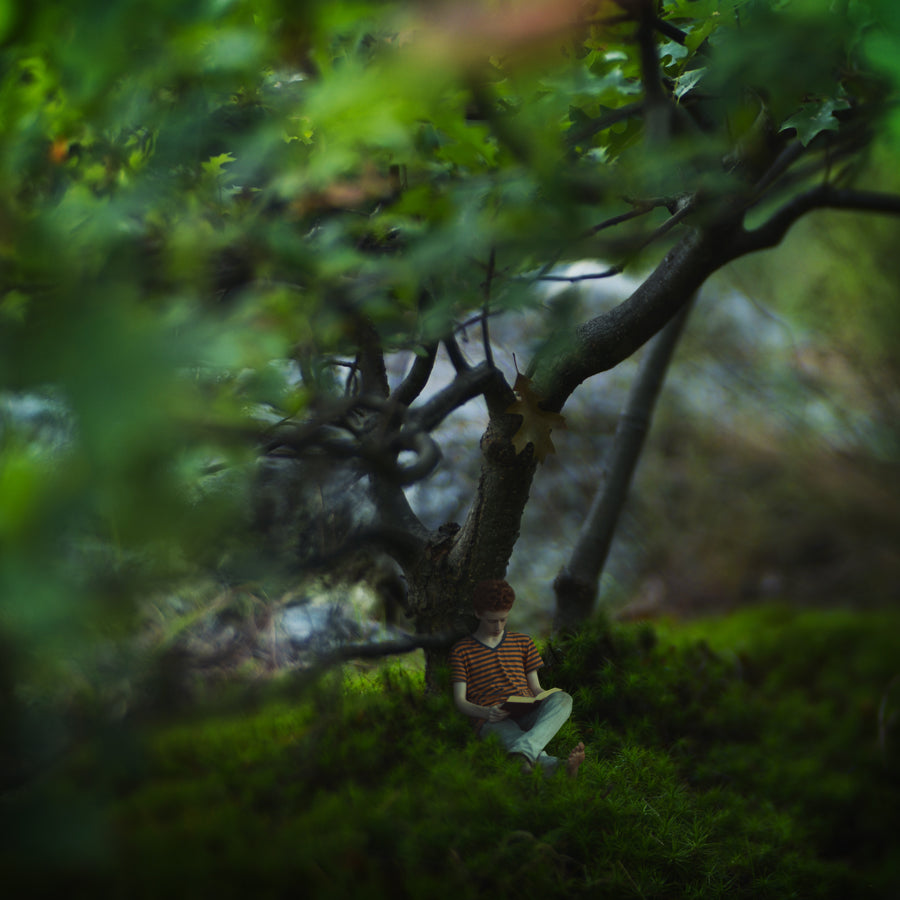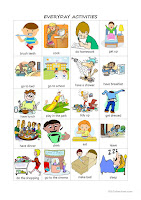CHARLES DICKENS’ LIFE:
Charles John Huffam Dickens was a British novelist, journalist, editor, illustrator and social commentator who is remembered as one of the most important and influential writers of the 19th century.
He was born on 7th February 1812, in Portsmouth, on the southern coast of England. Charles was the second of eight children. His father, John Dickens, was a naval clerk who dreamed of striking it rich; and his mother, Elizabeth Barrow, aspired to be a teacher and school director.
Notwithstanding his parents efforts, the family remained poor. Nevertheless, they were happy in the early days. In 1816, they moved to Chatham, Kent, where young Dickens and his siblings were free to roam the countryside and explore the old castle at Rochester.
In 1822, the Dickens family moved to Camden Town, in London. By then the family’s financial situation had grown dire, as John Dickens had a dangerous habit of living beyond the family’s means. Eventually, John was sent to prison for debt in 1824, when Charles was just 12 years old.
Following his father’s imprisonment, Dickens was forced to leave school to work at a boot-blacking factory alongside the River Thames. Dickens earned six shillings a week labeling pots of blacking, a substance used to clean fireplaces. It was the best he could do to help support his family.
Much to his relief, Dickens was permitted to go back to school when his father received a family inheritance and used to pay off his debts.
But when Dickens was 15, his education was pulled out from under him once again. In 1827, he had to drop out of school and work as an office boy to contribute to his family’s income.
Within a year of being hired, Dickens began freelance reporting at the law courts of London. Just a few years later, he was reporting for two major London newspapers.
In 1833, he began submitting sketches to various magazines and newspapers under the pseudonym “Boz”. In 1836, his clippings were published in his first book, Sketches by Boz.
In the same year, Dickens started publishing The Posthumous Papers of the Pickwick Club.
He later edited magazines including Household Words and All the Year Round, the latter of wich he founded.
Dickens married Catherine Hogarth soon after his first book, was published. The couple had a brood of 10 children.
During the 1850s, Dickens suffered two devastating losses: the deaths of his daughter and father. He also separated from his wife in 1858. Dickens slandered Catherine publicly, and struck up an intimate relationship with a young actress named Ellen "Nelly" Ternan.
Sources differ on whether the two started seeing each other before or after Dickens' marital separation; it is also believed that he went to great lengths to erase any documentation alluding to Ternan's presence in his life.
CHARLES DICKENS’ BOOKS:
Throughout his career, Charles Dickens published a total of 15 novels. His most well-known works include:
Oliver Twist, Dickens first novel, follows the life of an orphan living in the streets. The book was inspired by how Charles felt as an impoverished child forced to get by on his wits and earn his own keep. It was published in November 1838.
A Christmas Carol, Dickens penned this book in just six weeks, beginning in October and finishing on December 19, 1843. The novel intended as a social criticism, to bring attention to the hardships faced by England’s poorer classes.
David Copperfield was the first work of its kind: No one had ever written a novel that simply followed a character through his everyday life. From May 1849 to November 1850, Dickens published the book in monthly installations, with the full novel form published in November 1850.
Bleak House; Following the death of his father and daughter and separation from his wife, Dickens’ novels began to express a darkened worldview. In Bleak House, published in installments from 1852 to 1853, he deals with the hypocrisy of British society. It was considered his most complex novel to date.
Great Expectations, published in serial form between December 1860 to August 1861 and in novel form in October 1861, is widely considered Dickens’ greatest literary accomplishment.
19th CENTURY:
While Jane Austen depicted idyllic romantic scenes among the English nobility, Charles Dickens showed the gritty realities of 19th-century life for many people. That century, also referred to as the Victorian Era, ushered in an era of unprecedented prosperity to England.
Queen Victoria ruled over England for a large part of the century, from 1837 to 1901. For this reason, the period is often known as the Victorian Era. This was also a time that Britain saw tremendous economic and industrial growth due to the Industrial Revolution and the invention of the steam engine. The Industrial Revolution prompted a large segment of the British population to shift from agricultural to manufacturing careers, as job opportunities moved to the cities. People flocked to urban areas like London and Birmingham for work in factories, especially in the textile industry.
The new economic opportunities during this time helped to boost life expectancy and quality of life, but they also reinforced class divides that had existed in Britain for centuries.







